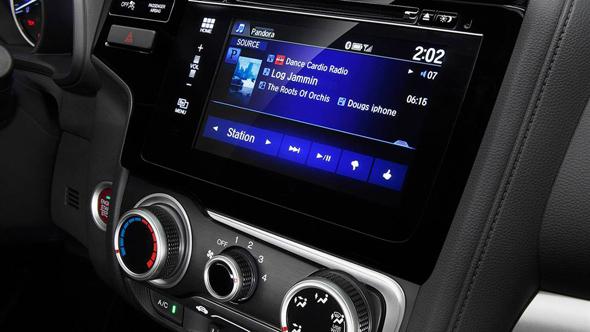Cars are supposed to be able to do basically anything these days. They listen to you and try to answer your questions, they know all your favorite music, they self-park. Soon they’ll be doing all the driving for us. But the 2015 Driver Interactive Vehicle Experience Report from J.D. Power shows something unexpected: A lot of people don’t seem to care about any of this.
The Los Angeles Times notes that 43 percent of people surveyed don’t use their cars’ voice recognition to call up things like GPS directions. Thirty-five percent never tried automatic parking, 32 percent avoided apps like Yelp, and 20 percent didn’t even use half of the tech features in their cars. (The survey asked about 33 tech features that seemed to be available in all respondents’ cars.)
The report polled 4,200 people between April and June who had bought or leased cars no more than three months before taking the survey. Research indicates that people are unlikely to explore car features and start using new ones after the first three months of owning a car, Reuters reports.
It seems that most people, especially those in the 21- to 38-year-old range simply used their smartphones instead of attempting to engage with their cars’ tech features. For all ages the lack of engagement seemed to be a combination of active avoidance and not knowing all of the things the cars could do.
Kristin Kolodge, the executive director of driver interaction at J.D. Power, told Reuters, “Customers say, ‘I have a competing technology that’s easier to use, or I’ve already paid for it—so why do I need it again?’ … Is it really making it easier? That’s where some of the value is being challenged.” She noted in a statement that the tech features people seem to like the most are more related to actual driving mechanics—things like maintenance diagnostics, cruise control, and blind spot monitoring—than entertainment or connectivity.
Though these results could have implications for the (supposed) impending rise of self-driving cars, it also could play out that people have more time to figure out all the features in their cars when they’re not actually driving them. And when people are already so practiced on their smartphones, it’s hard to see how plugging in some directions at a red light is more difficult than trying to get the voice of your car’s “personal assistant” to stop blasting out of the speakers about alternate route options and Top 40.
